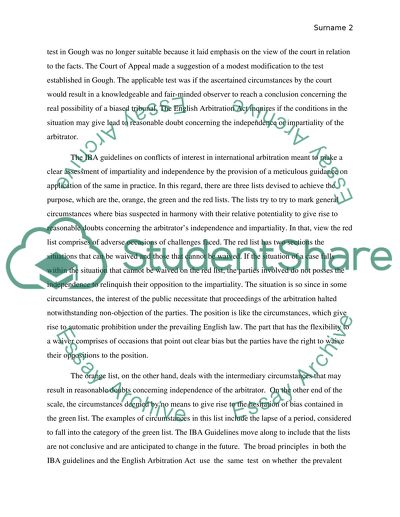Cite this document
(“Alternative Dispute Resolution - Arbitration & Mediation Essay”, n.d.)
Retrieved de https://studentshare.org/law/1397559-alternative-dispute-resolution-arbitration
Retrieved de https://studentshare.org/law/1397559-alternative-dispute-resolution-arbitration
(Alternative Dispute Resolution - Arbitration & Mediation Essay)
https://studentshare.org/law/1397559-alternative-dispute-resolution-arbitration.
https://studentshare.org/law/1397559-alternative-dispute-resolution-arbitration.
“Alternative Dispute Resolution - Arbitration & Mediation Essay”, n.d. https://studentshare.org/law/1397559-alternative-dispute-resolution-arbitration.


